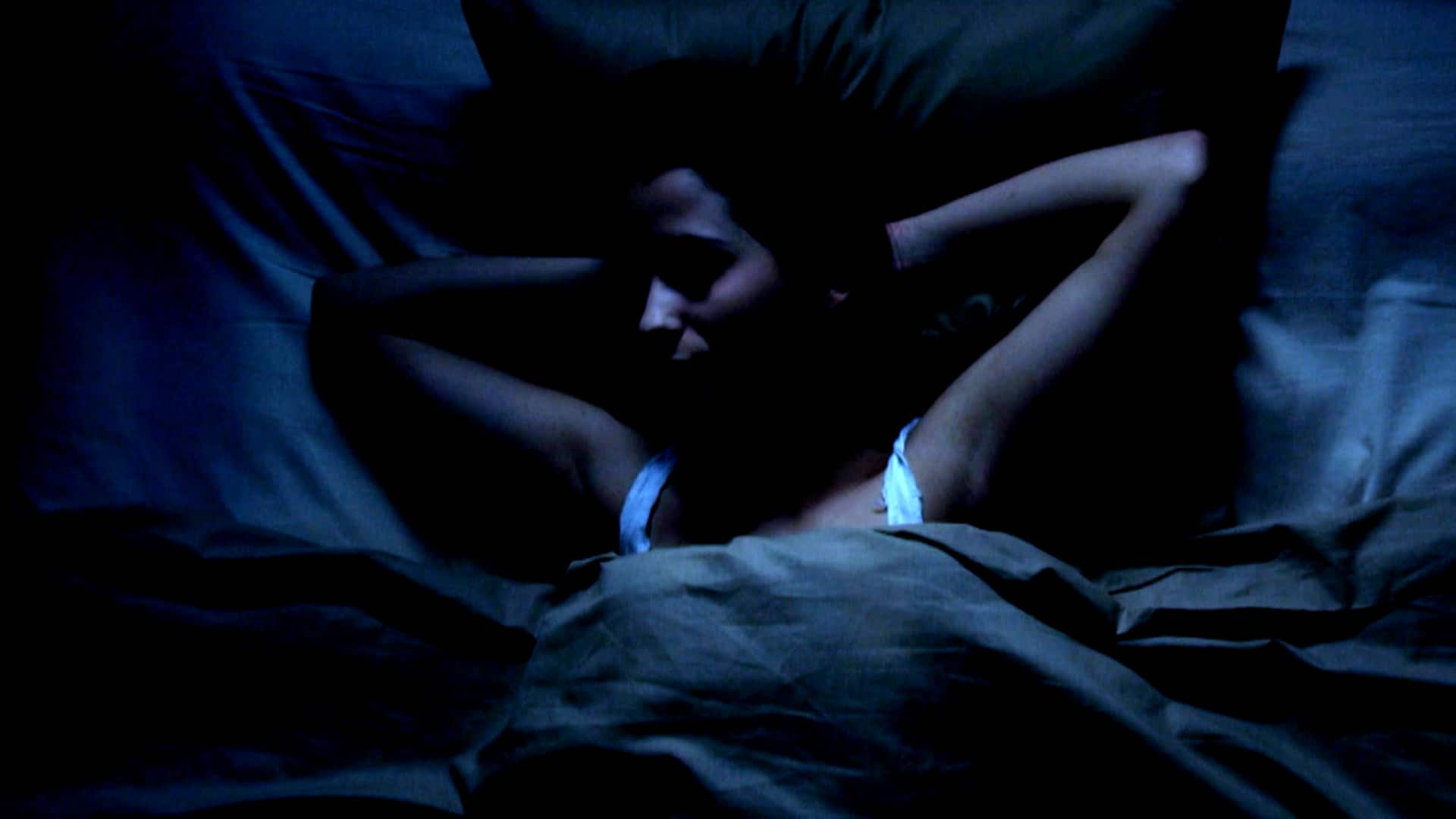Living Guide: Pandemic vs. Human Brain
Crib notes about the pandemic and its effects on the brain.
As it turns out, pandemics cause changes to the brain and its ability to concentrate, remember, and generally function as a squishy organ meant to perceive, process, and orchestrate interactions with the world outside the skull it resides in.
After stumbling happenstance upon various articles & factoids since the pandemic began, I have found that after reading up on things, my brain proceeds to un-absorb the information. Pandemic brain has hard time learning about pandemic brain.
This post, then, is meant as a reference and living guide, collecting and summarising things as I come across them. Crib notes about pandemic brain, for pandemic brain.
UPDATE — 29 June: added CBC news, “Why we're having weird, vivid pandemic dreams”
UPDATE — 16 July: added Elemental, “Tired all the Time: What the Stress of 2020 is Still Doing to You”
Why Your Brain Feels Broken

Jessica Grose on failing to remember words, reduced mental speed, trailing off midsentence and losing trains of thought, pervasive forgetfulness. A Swedish neuropsychologist confirms: life in pandemic causes these kinds of cognitive impairments. Recommendations include reducing our responsibilities, avoiding multitasking, and forcing ourselves outdoors and into nature.
Going outside, or even simulating the outdoors, may help when you’re feeling mentally dull. Studies have shown that spending time in nature, and even looking at pictures of nature, can improve cognitive functioning. Though it may be difficult to find the time, a 50-minute outdoor walk has been shown to improve memory and decrease anxiety, no matter what the weather is.
This is your brain on pandemic: What chronic stress is doing to us

On chronic stress and its destructive effects:
What happens is stress systems have been activated. You've got hormones, you've got inflammatory proteins, you've got a variety of neurochemicals, and they have created a mix which, in the longer term, jeopardizes the brain's health, creating this loss of brain tissue, resulting in a loss of brain interconnectivity.
The good news is the brain is able to heal itself:
The brain is incredibly plastic and incredibly modifiable and incredibly able to regenerate. You see a correction of brain circuit function [after intervention], and you also see a rejuvenation of brain tissue because our brains, our neurons, our brain cells, continue to grow.
Late Stage Pandemic Is Messing With Your Brain

We’re trapped in our dollhouses. It’s just about surviving, not thriving. No one is working at their highest capacity.
Again, the core message is that chronic stress is terrible for the brain (of any mammal). This includes boredom, which is a form of stress. Our brains need novelty, and to exist in enriched environments. An element of surprise, and interactions with a chaotic and unpredictable outdoors that includes chance encounters. These are some of the things that usually help keep the brain in good shape, protecting its plasticity (ability to adapt and learn) and allowing it to effectively absorb new information.
The accumulation of stress — enormous, unending stress that we are not evolutionarily equipped to handle — appears to be at the root of most people’s mental health problems right now. Supporting this, the people who are at the highest risk for developing depression and anxiety are those with the most stressors and the fewest resources.
The Nerdwriter: Time, Tarkovsky And The Pandemic
An interesting video essay about time, and how the pandemic warps how we experience it, to make it feel either unusually slow (like the Tarkovsky clip the commentary plays over) or fast.

Sedentary Pandemic Life Is Bad for Our Happiness

Arthur C. Brooks writes about our need to keep physically active, sometimes when our instincts are telling us the opposite and we think we are tired and need to rest.
This strategy acknowledges the paradox of well-being that so many of us fall prey to: Our instincts are often wrong, and we sometimes need to do the opposite of what they tell us to do. When your mind says, You feel sad—but you’ll feel better if you eat a whole pizza while sitting on the couch watching television, your mind is lying to you. The unhappiness you feel is actually diminishing your brain’s executive-functioning ability, making it more difficult to make good decisions. Pizza and TV won’t make you happy for more than a moment, but what will help now and in the long term is a good walk outdoors.
Pandemic-induced ‘brain fog’ is result of cognitive overload
:quality(70)/cloudfront-eu-central-1.images.arcpublishing.com/irishtimes/MYGSCPYSPBTWOFH5UZ4AGDQQRU.jpg)
Olive Keogh on cognitive load theory and how it helps explain “brain fog.” The brain has a limited capacity for new information, secretly relying on going through most of the day on autopilot (which in normal times, works). The pandemic takes us out of autopilot, inducing stress and bombarding with new information. Enter brain fatigue.
Numerous worker surveys have been conducted since the lockdown began and there has been a noticeable shift in tone in the recent ones. In short, the novelty value of working from home has worn off and tiredness, difficulty concentrating and mental health issues have all moved centre stage.
The Pandemic Changed You. It Also Changed Your Brain.

Dana G Smith with a scientific explanation of how chronic stress changes the brain.
The brain's immune system goes overboard:
One role of microglia is to chop up and clear out damaged or unused synapses — the connections between neurons that enable brain cells to communicate. In small doses, this is a normal part of healthy brain maintenance. During periods of severe stress, however, many more microglia are produced and become activated by the cortisol circulating in the brain. The excess, over-activated microglia can then start to prune out synapses that are still necessary and functional.
This throws off the balance and cooperation between regions of the brain. The amygdala (responsible for anxiety) becomes overactive. The prefrontal cortex (personality expression, decision making) becomes underactive.
Also mentioned is "pandemic fine," or anhedonia: the inability to take pleasure in things you used to enjoy. And how when alone (pandemic isolation), we respond to things with a bigger stress response than when social support is present.
The article ends on an upbeat note:
My goal in writing this article is not to be a downer or to pathologize a globally traumatic event. My hope is that by laying out some of the very real changes that can take place in the brain, the very real toll that a year of stress and loneliness and loss can take, people may feel a little less abnormal or like they’re failing. What we’ve gone through has been a perfect storm of challenges for our brains, but also, as Gotlib said, depression and anxiety are not unique, and we do have treatments for them. And just as these changes from stress can occur, so can others that promote healing and resilience.
Why we're having weird, vivid pandemic dreams

Video feature about “Covid dreams,” how they relate to the situation of pandemic, and why staying in bed longer in the morning (with no commute) increases the vivid dreams we experience.
Tired all the Time: What the Stress of 2020 is Still Doing to You

Looks at the after effects of the stress caused during pandemic, and how it can be understood as a form of PTSD.
PTSD occurs aftersomeone has survived a life-threatening situation (rather than during it). The symptoms include trouble sleeping, trouble concentrating, and feeling numb and hopeless. We often think of PTSD affecting soldiers or refugees, but traumatic stress comes in many forms.
It ends with helpful tips on coping with this stress.
Cognitive stress makes it hard to concentrate, makes you fuzzy headed and forgetful. You aren’t losing your edge. You are exhausted. Try not to blame yourself (or others), and be aware that all this fuzziness is also affecting your mood. See number one, above, and be gentle.
James Lanternman writes movie reviews, essays, and moonlit thoughts. You can reach him at [email protected].
Previously… Psycho II (1983): A Killer Sequel





